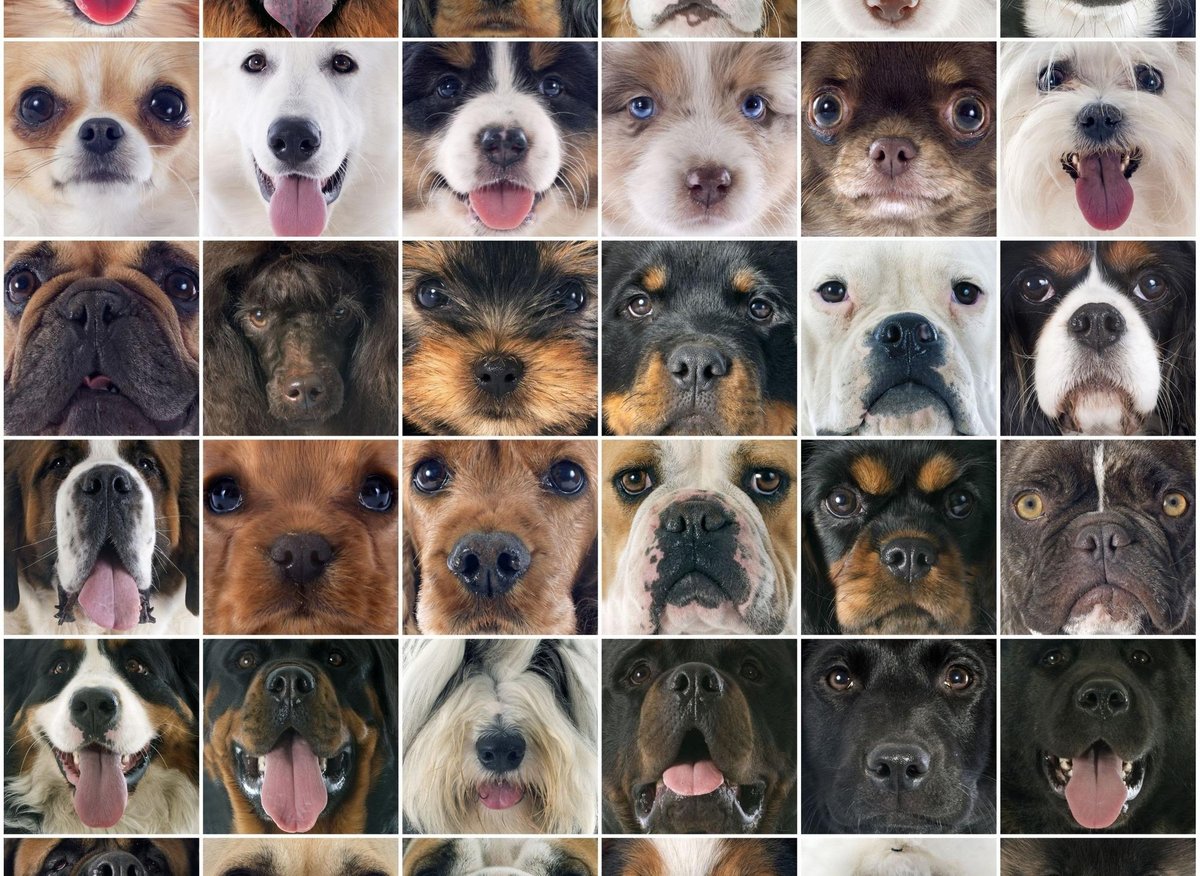Body of the review
Moose and Nessie, the therapy dogs from Student Counseling and Psychological Services, add a new four-legged friend to their crew. Rooster, a six-year-old black Labrador, is in training to be one of the next therapy dogs on campus.
Prior to joining Student Counseling and Psychology Services, Rooster was part of Auburn’s Canine Performance Science, or CPS, program within the College of Veterinary Medicine.
According to Sarah Schwartz, a psychologist with Student Counseling and Psychological Services and Rooster’s caretaker, during his time at CPS, Rooster participated in several detection projects where he learned how to detect different chemical and biological threats.
Rooster was also part of a program that teaches inmates how to train dogs. After completing a canine care program, inmate experience is credited toward an associate degree.
More recently, Rooster was trained to undergo functional magnetic resonance imaging, or fMRI,. Schwartz noted that getting dogs done is extremely difficult.
The fMRI project examined the link between dogs and humans. Each dog spent several weeks paired with a human, then both humans and dogs were scanned while showing photos and videos of their partner.
“He would actually fall asleep in the scanner,” Schwartz said. “He was one of the best.”
Now Rooster is focused on the new task at hand with student counseling and psychology services.
His training to become a therapy dog will be with Canine Good Citizen through the American Kennel Club and Therapy Dog International. Through these programs Rooster will improve his obedience skills, his “tricks” and it will help him to be attentive to the needs of those around him.
Once Rooster is trained, he will stay busy throughout the day, just like full-time staff members.
“Rooster will be involved in individual and group therapy sessions and will provide direct and indirect therapeutic interventions, such as consciously petting him or creating a narrative about a past experience and including it in the story,” Schwartz said. “He will also be involved in outreach opportunities on campus.”
Outreach opportunities include presenting at events that take place in the lobby or with campus departments, classroom presentations, and Get Mov’in, a weekly outdoor walking program hosted by Student Counseling and Psychological Services. Rooster will also begin helping Schwartz train students and staff in animal-assisted therapy.
In his free time outside of the office, Rooster remains preoccupied with his toys, especially his treat ball.
“He also likes to cuddle and rub his belly,” Schwartz said. “He sincerely believes that there is nothing a belly rub can’t fix. Lately he’s been enjoying his afternoon walks around campus saying hello to students.
If you see Rooster outside, he’ll probably wear his red and black bone to show off. Schwartz encourages individuals to stop to greet the rooster and don’t be surprised if he approaches you first.
Schwartz says Rooster’s favorite thing on walks is to look for someone empty-handed.
“He runs straight and asks for pets because clearly their hands aren’t busy,” Schwartz said.
Students and campus departments are encouraged to schedule an appointment with Rooster. More information can be found on the Student Guidance and Psychology Services website.
 Christ Yoder
Christ Yoder



